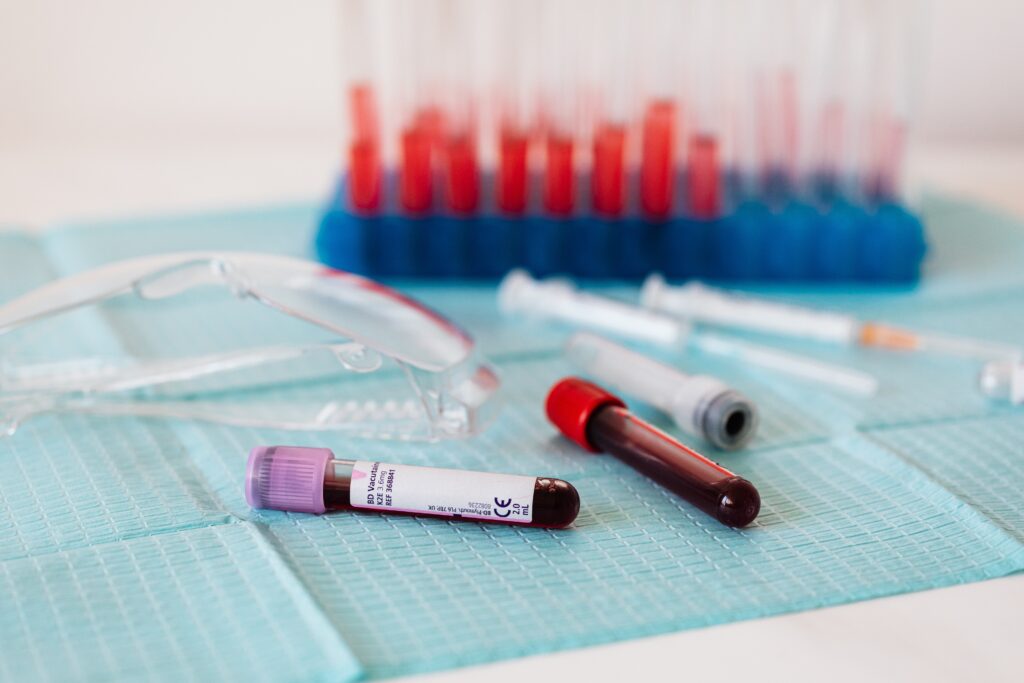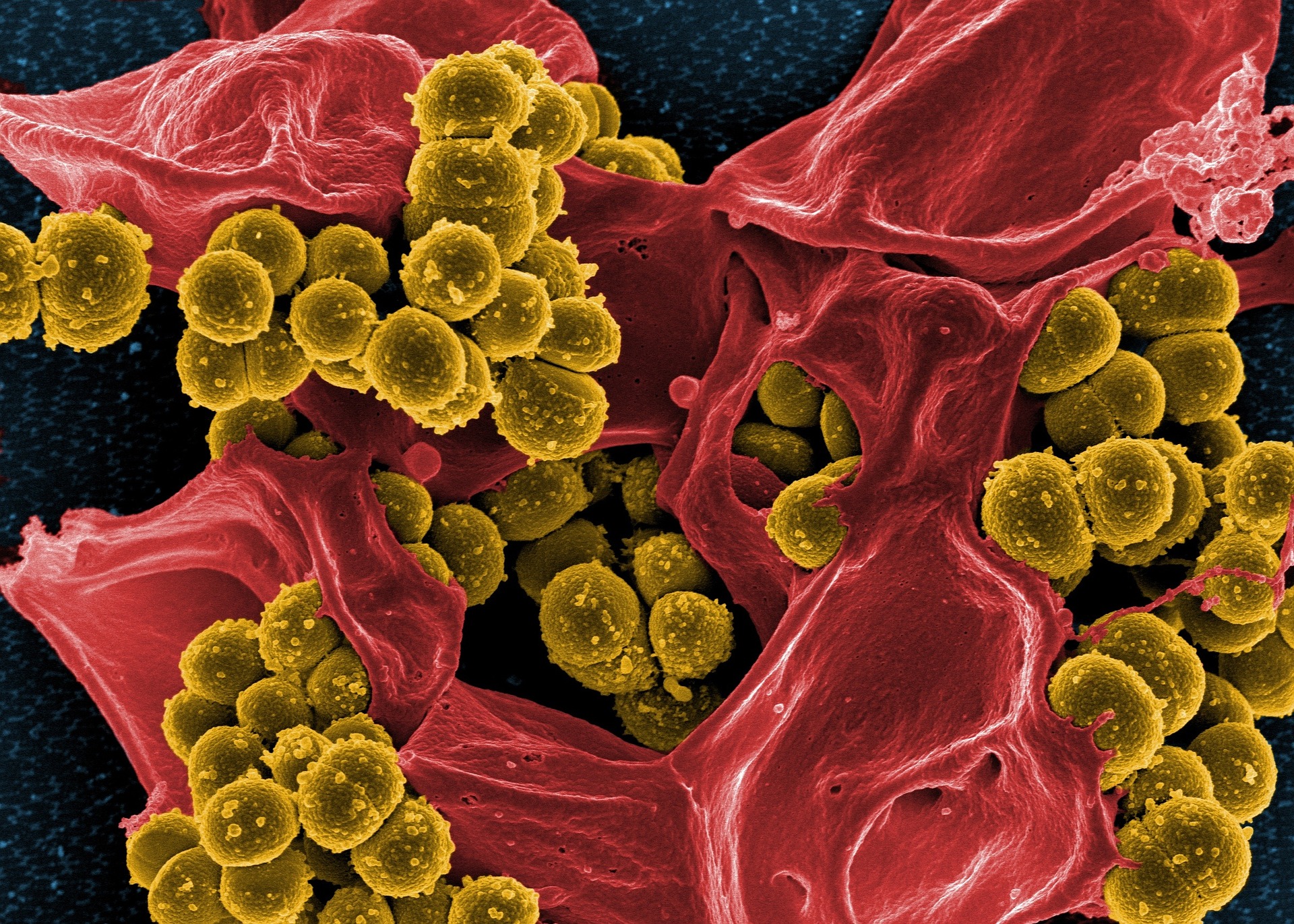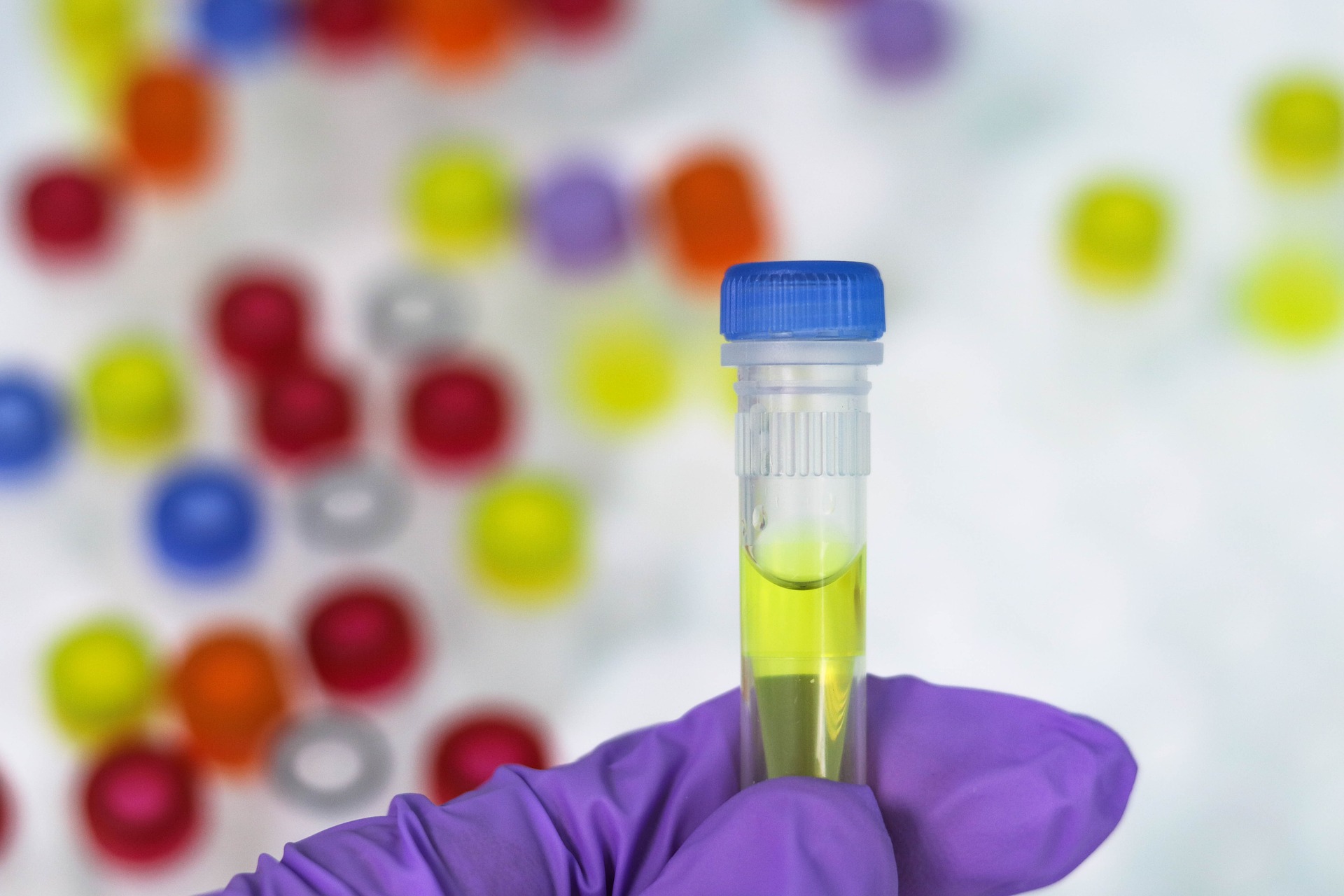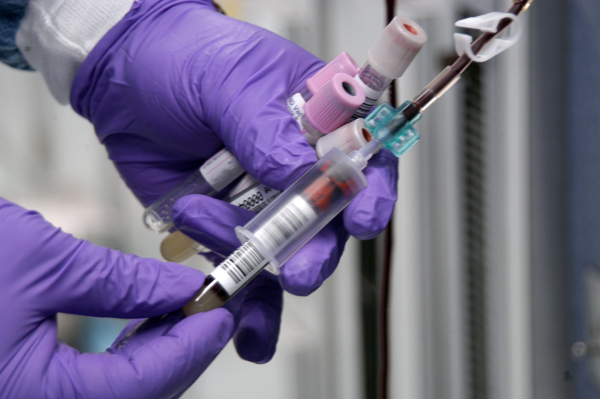Clinicians and patients alike have long been hoping for liquid biopsy tests for cancer screening and diagnosis given their ease, convenience and ability to detect disease-specific mutations. LabCorp (NYSE:LH) may help lead the way in the liquid biopsy space with its backing of Resolution Bioscience’s new diagnostic blood test for lung cancer.
The leading global life science company is set to introduce Resolution Bio’s ctDx Lung assay, a non-invasive liquid biopsy test for patients with non-small cell lung cancer (NSCLC).
As an industry leader, LabCorp is committed to advancing health and guiding patient care decisions, and with the new diagnostic, it hopes to provide NSCLC patients with a cancer blood test that can accurately identify their disease and guide personalized treatments for it.
Resolution ctDx Lung is fast, accurate and non-invasive, requiring a simple blood sample for analysis. The test was developed by Resolution Bioscience and the company will run test analyses in its labs.
Related: Liquid Biopsies Help Match Cancer Patients to Phase I Trials
“Oncology is an area of intense focus for LabCorp, across our entire organization,” said Dr. Brian Caveney, president of LabCorp Diagnostics, in a press release. “The Resolution ctDx Lung test is the latest example of our commitment to provide patients and clinicians with cutting-edge testing and personalized information to make the best possible treatment decisions. This innovative test is an outstanding addition to our industry leading offerings for oncology patients.”
The Resolution ctDx Lung assay was developed to offer patients and clinicians with pertinent information that can inform treatment decisions. There is significant intra and inter-tumor heterogeneity in NSCLC, making the molecular profiling of tumors key in both diagnostics and treatment.
Personalized Approach
The test is based on the detection of actionable genes – genes with known driver mutations that can be targeted by an approved therapy (or investigational therapies in clinical trials). The panel of genes in the test only include known NSCLC-associated genes, making the test specific to the disease.
NSCLC has several known driver mutations including mutations in the epidermal growth factor receptor (EGFR) and mutations leading to fusions involving anaplastic lymphoma kinase (ALK).
Many of these driver mutations have targeted therapies available against them, making it crucial to determine which mutation is driving the cancer. Some of these are second generation therapies that can overcome known resistance mutations to earlier therapies, such as EGFR T790M or ALK L1196M or ALK G1269A.
Based on the genetic biomarker(s) identified, the most effective therapy targeting the specific molecular marker can be selected. The liquid biopsy will therefore help personalize medicines for patients based on the molecular features of their disease.
Moreover, the test will also allow clinicians to monitor the evolution of a patient’s tumor genotype during the course of therapy through serial and almost real-time assessments; this will help to better guide treatment decisions and care.
The test is conducted using a standard blood sample, making diagnostic testing far less invasive than traditional biopsies and more rapid. In the US, Medicare covers the test.
The test involves isolating circulating tumor DNA in the blood and sequencing it to look for relevant gene mutations. The Resolution ctDx Assay is based on Resolution Bioscience’s patented cell-free DNA (cfDNA) analysis platform, which includes proprietary targeted capture next-generation sequencing (NGS) biochemistry and tightly coupled, cloud-based bioinformatics.
Studies have demonstrated that the test has greater sensitivity than other currently available liquid biopsy tests for NSCLC, and can help in the selection of appropriate therapies. The clinical utility of the Resolution ctDx Lung assay has been demonstrated in several clinical studies involving leading cancer centers and academic research institutions, including Memorial Sloan Kettering Cancer Center, Northern Cancer Institute of Sydney, Dana-Farber Cancer Institute and Vanderbilt University.
Among these is the largest prospective study aimed at evaluating the selection of appropriate plasma-directed therapies in patients with stage II, III or IV NSCLC. The ongoing study has more than 1,000 enrolled patients between Memorial Sloan Kettering Cancer Center in New York, USA and the Northern Cancer Institute in Sydney, Australia. So far, positive clinical responses of up to 97 percent have been seen among patients in the study, indicating that the test has significant utility in guiding appropriate therapy selection.
In addition, a retrospective study conducted at the Dana-Farber Cancer Institute found that Resolution’s test was able to detect a greater number of actionable gene fusion mutations in NSCLC tumors compared to a blood test developed by Guardant Health.
“The Resolution ctDx Lung test consistently detects more driver and resistance mutations than competing platforms. We are excited to be joining forces with LabCorp to provide more physicians with the actionable information needed to guide NSCLC therapy selection and patient care,” said Mark Li, CEO of Resolution Bioscience, in a news release from the company. “This commercial partnership with LabCorp is an important step in our quest to enable broad access to our lung cancer test and improve clinical outcomes for more people battling NSCLC.”
Liquid biopsies are an exciting way forward in the future of cancer diagnostics, cancer therapy and personalized medicine. With LabCorp driving Resolution Bioscience’s NSCLC liquid biopsy test into the global market, others may soon follow in aims of addressing the significant unmet need for rapid, targeted and non-invasive cancer screening.








Join or login to leave a comment
JOIN LOGIN